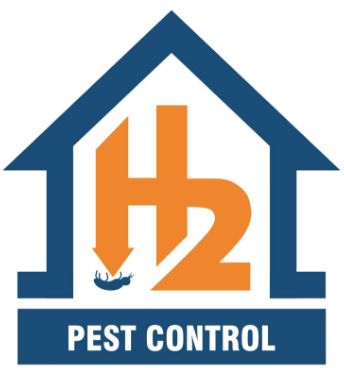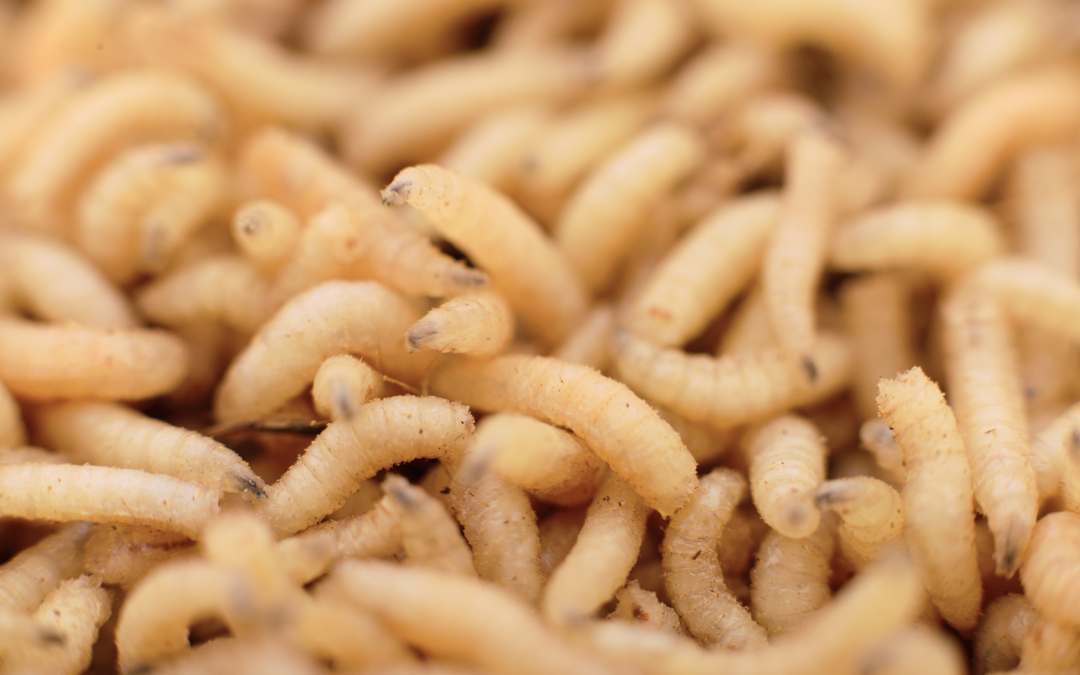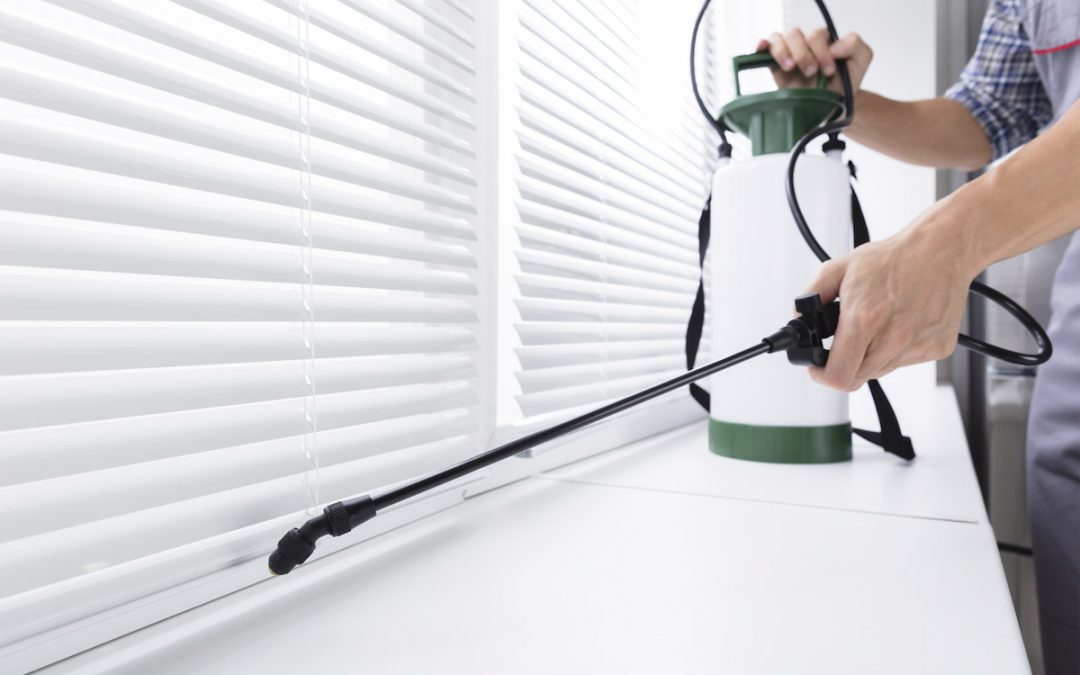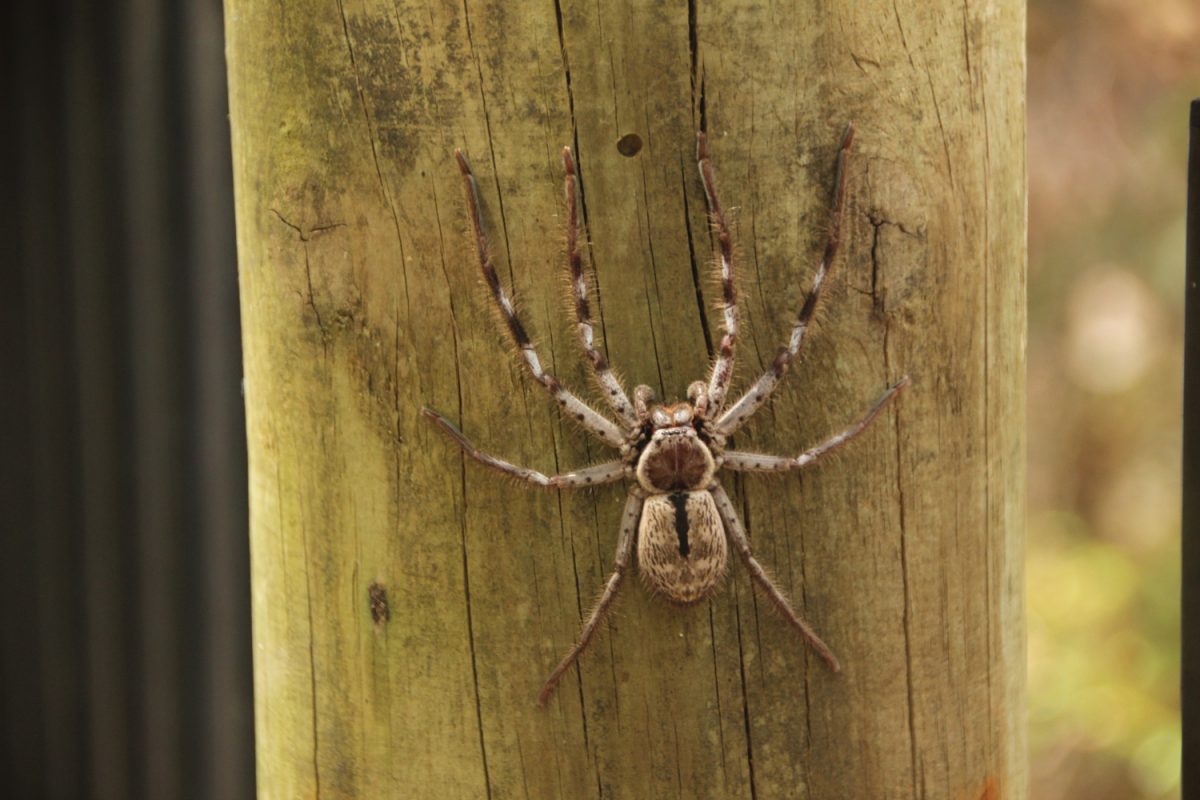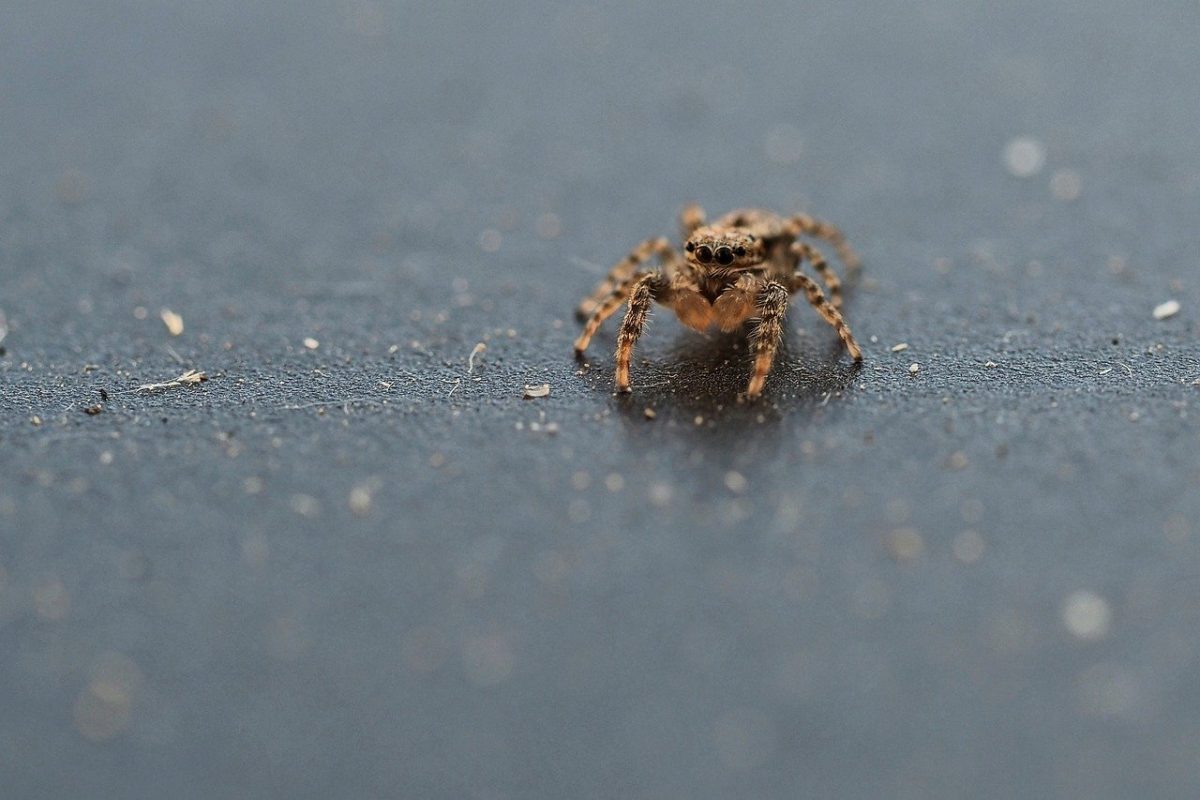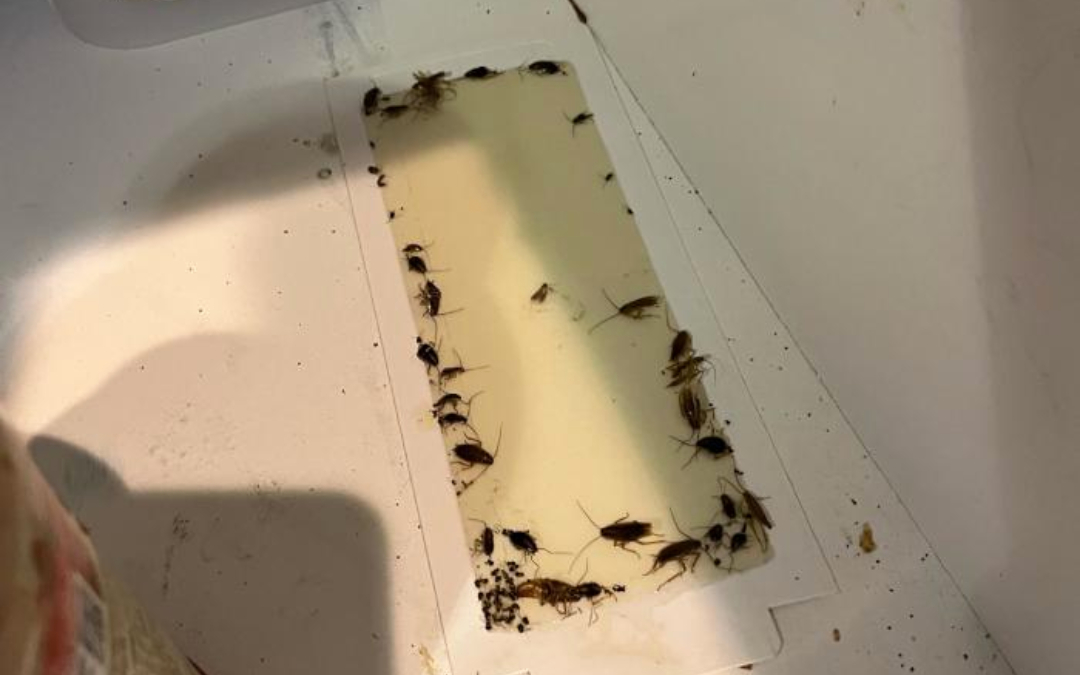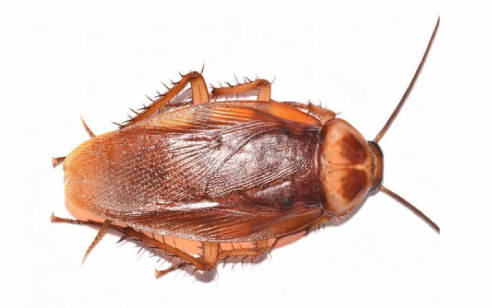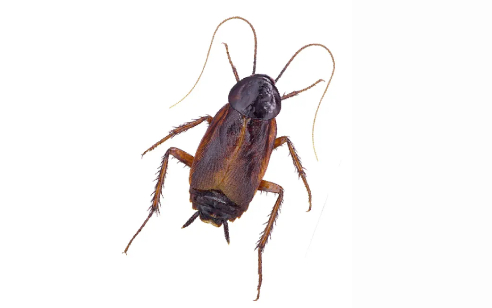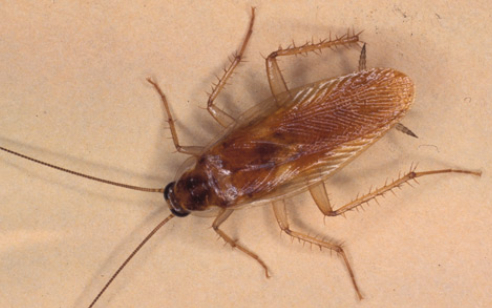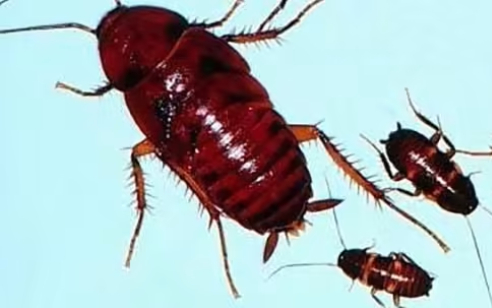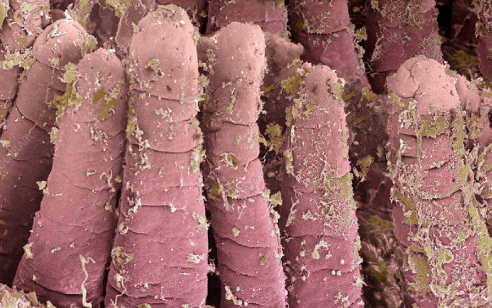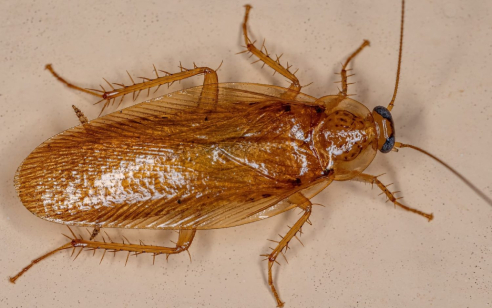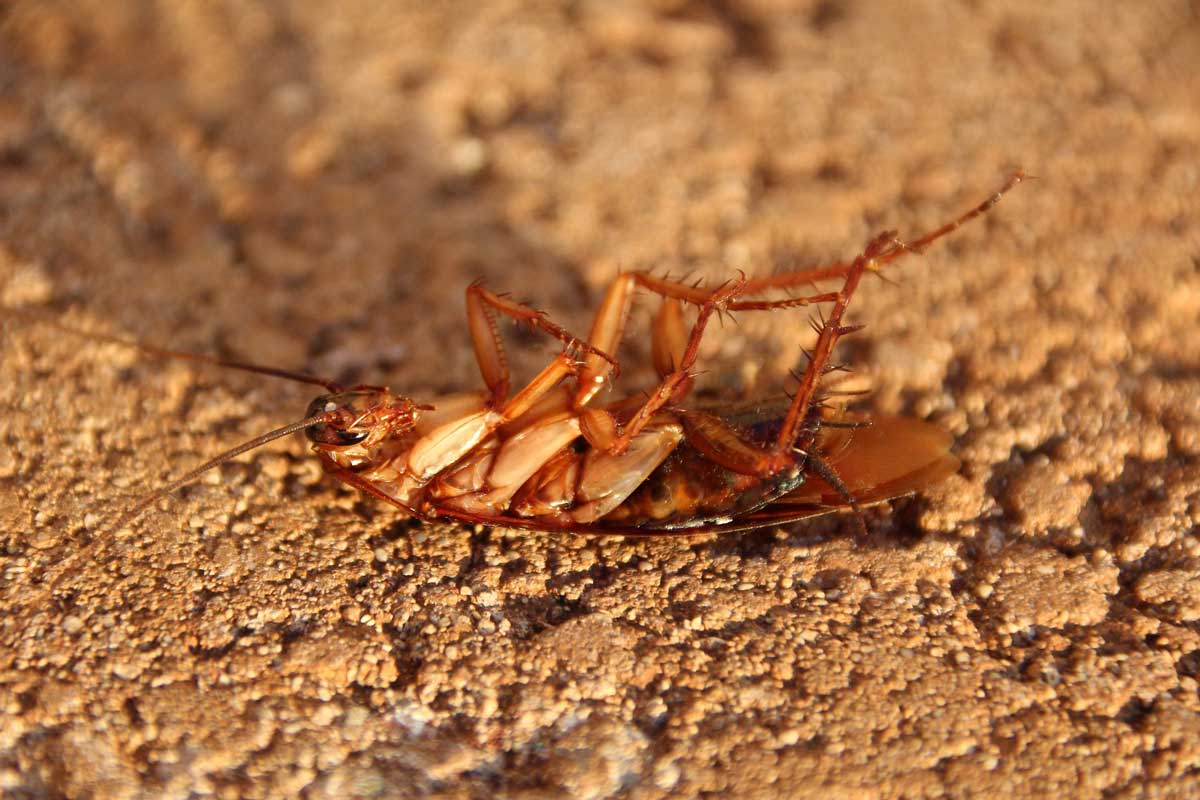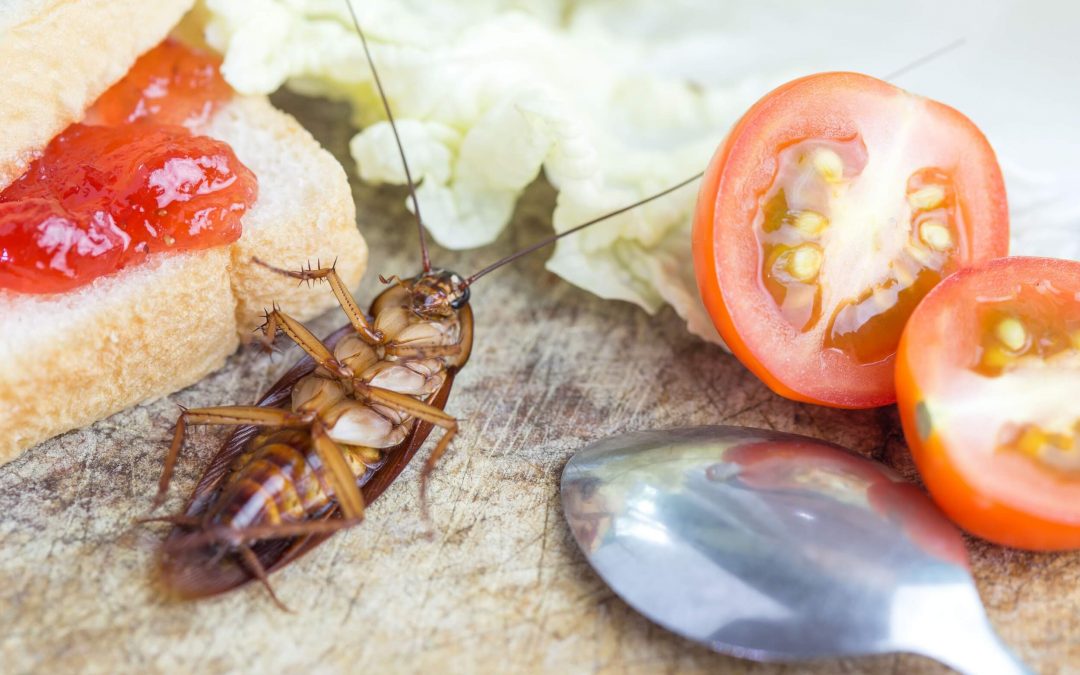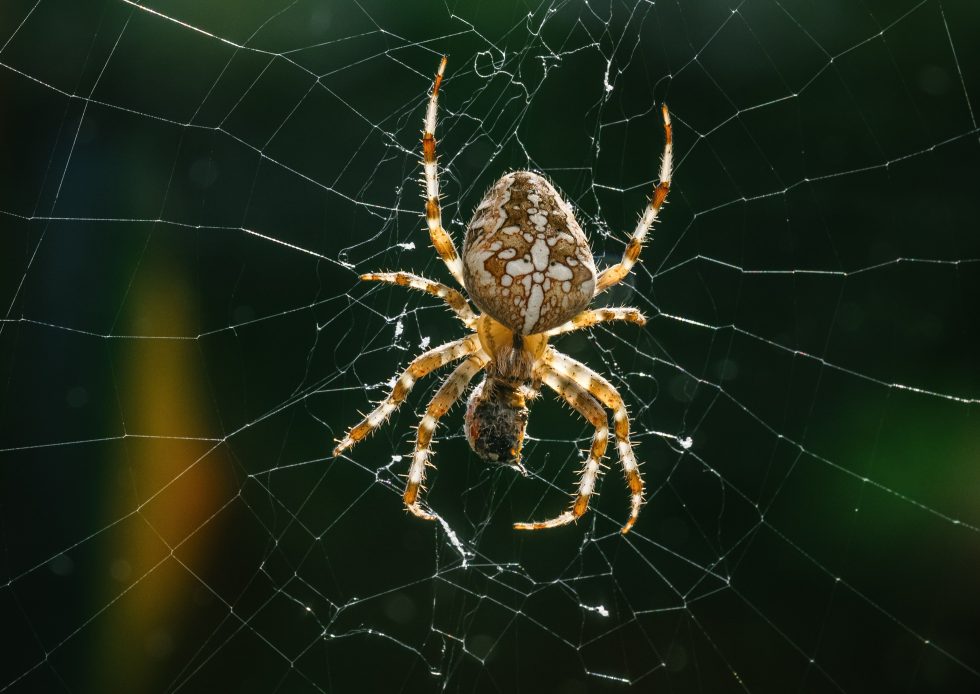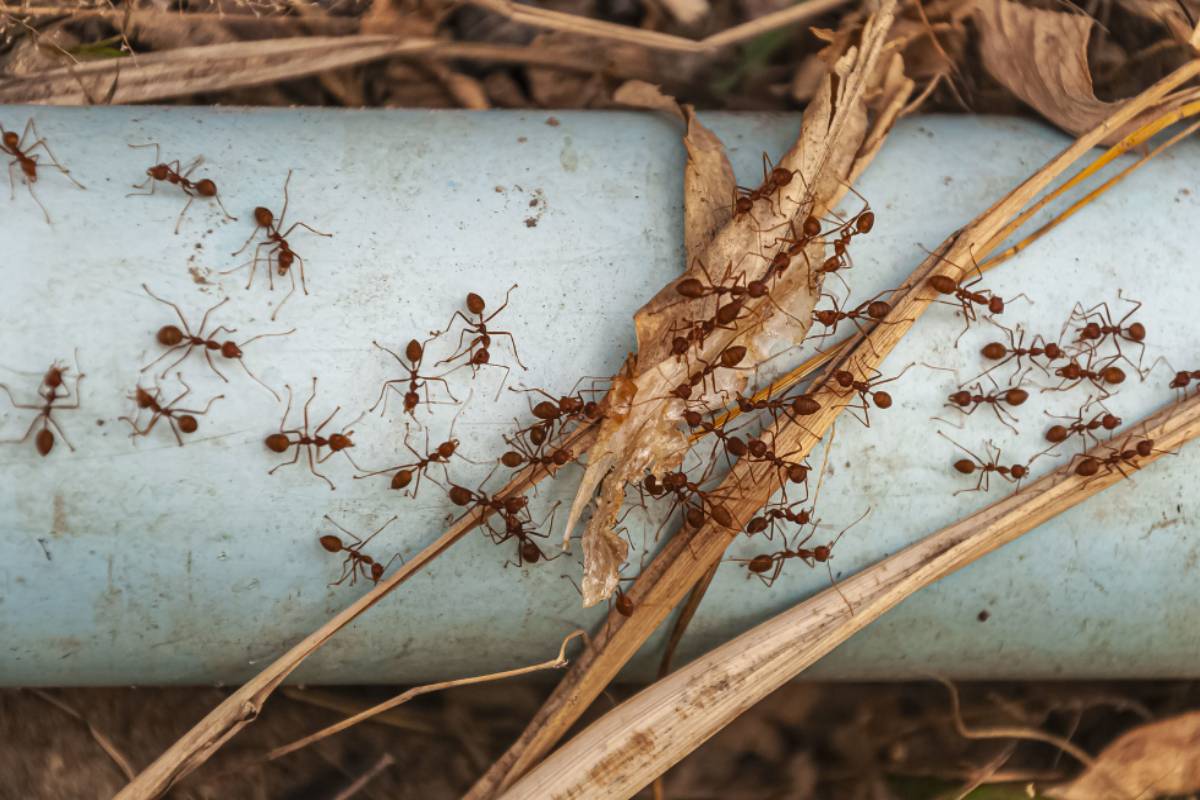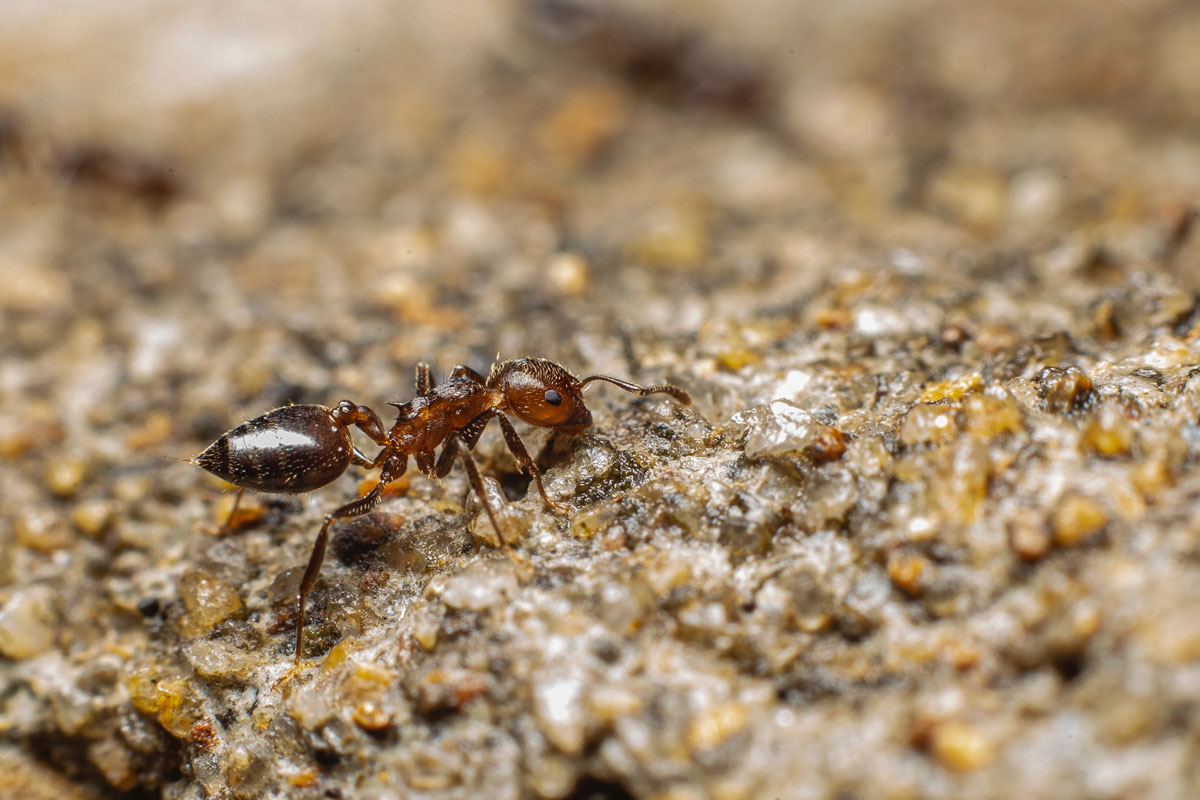Where Do Maggots Come From?
hellogrow
on
September 22, 2023
Maggots are the larval form of flies, and they are often found in decaying organic matter, such as dead animals or spoiled food. While maggots can be helpful in breaking down waste, they can also be a nuisance and even dangerous.
One example of a situation where maggots might be present is in a garbage can near your house. Garbages often contain food scraps and other organic waste, which attract flies. Flies lay eggs on the waste, and the eggs hatch into maggots. The maggots feed on the waste, and their population grows rapidly.
The maggots in the garbage are a nuisance because they produce a foul odor. They also pose a health hazard because they could carry harmful bacteria and diseases. If the maggots were to crawl out of the garbage and onto the ground, they could spread these bacteria and diseases to people and other animals.
What Are Maggots?
Maggots are the larval stage of flies. They are small, white, and worm-like, with no legs or arms. They have a segmented body and a head with two small antennae. Maggots are also able to move around by contracting and expanding their body segments.
Maggots are found in a variety of environments, including decaying organic matter, such as dead animals or spoiled food. They are also found in the soil and in the intestines of some animals.
Although maggots can be beneficial, they can also be a nuisance and even dangerous. If they are not properly controlled, they can infest homes and businesses and spread diseases.
Lifecycle of Maggots
Maggots come from fly eggs. Flies are attracted to decaying matter, and they will lay their eggs on it. The eggs hatch into maggots, which feed on the decaying matter until they are fully grown. Once they are fully grown, the maggots will pupate, and then they will emerge as adult flies.
The life cycle of a fly has four stages: egg, larva, pupa, and adult.
- Egg: The female fly lays her eggs on decaying matter. The eggs are small and white, and they can be laid singly or in clusters.
- Larva: The eggs hatch into maggots, which are the larval stage of the fly. Maggots are small, white, and worm-like, and they feed on the decaying matter until they are fully grown.
- Pupa: When the maggots are fully grown, they pupate. This means that they form a hard case around themselves and enter a resting phase.
- Adult: The adult fly emerges from the pupa. The adult fly is a winged insect that can fly and lay eggs.
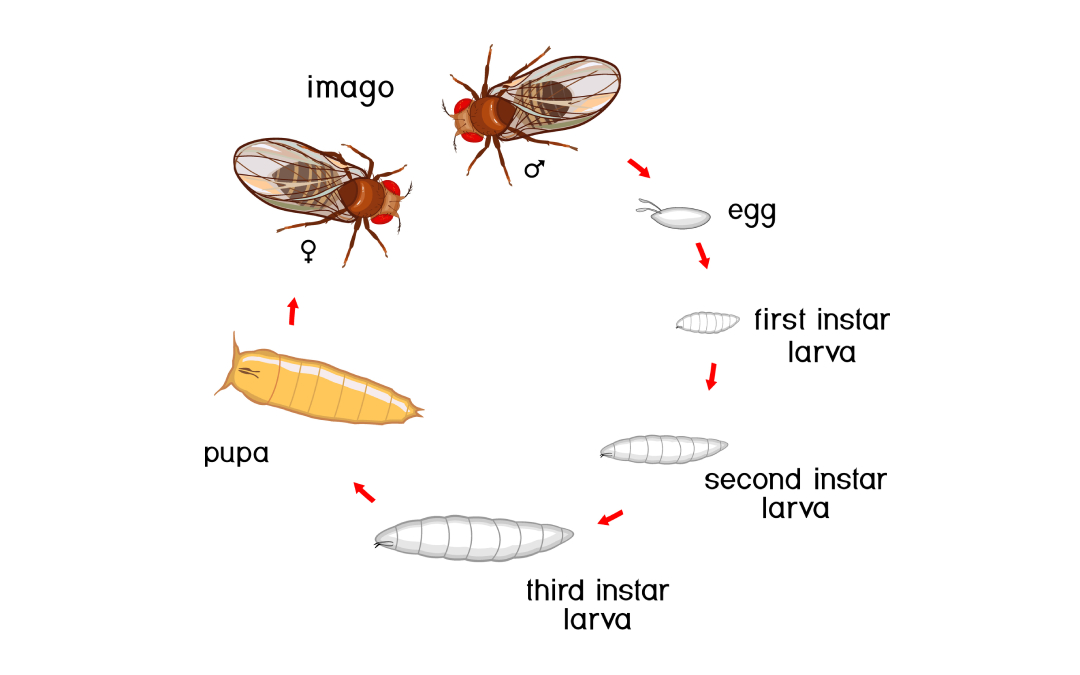
How Do You Get Maggots?
There are a few ways that you can get maggots:
- From fly eggs: If you have a lot of flies around your home, you may eventually get maggots. The flies will lay their eggs on any decaying matter that they can find, such as garbage, compost, and dead animals.
- From infested food: If you buy food that is already infested with maggots, you can get maggots from that food.
- From open wounds: Maggots can also be attracted to open wounds. If you have an open wound, it is important to keep it clean and covered to prevent maggots from infesting it.
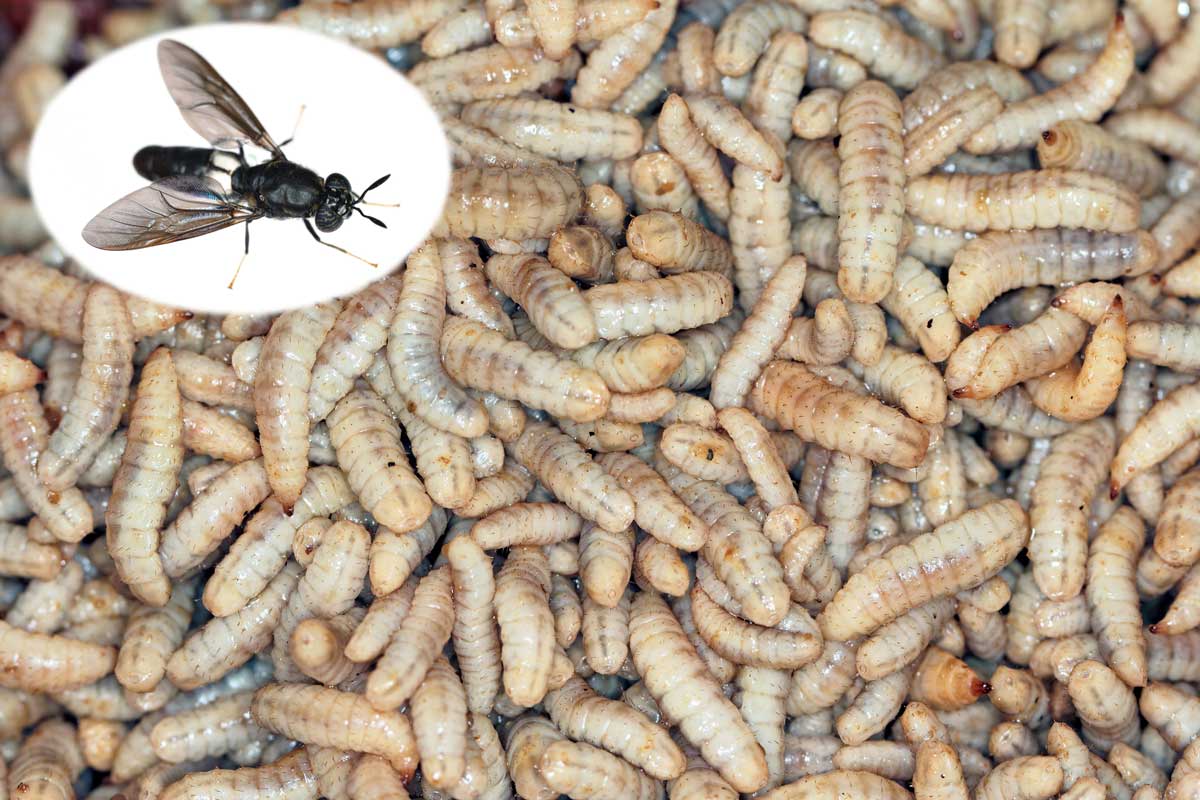
What Attracts Flies?
Flies are attracted to a variety of things, including:
- Garbage: Flies are attracted to the smell of decaying organic matter. This means that garbage cans, compost bins, and other areas where food waste is present are all prime targets for flies.
- Food scraps: Flies are also attracted to food scraps that have been left out on counters, floors, or other surfaces. Even small amounts of food can attract flies, so it’s important to clean up spills and messes immediately.
- Pet waste: Pet waste is another thing that attracts flies. This includes both dog and cat feces, as well as urine. It’s important to clean up pet waste promptly to prevent flies from laying their eggs in it.
- Wounds and other bodily fluids: Flies are also attracted to wounds and other bodily fluids, such as blood, sweat, and vomit. This is why it’s important to keep wounds clean and covered, and to clean up any spills of bodily fluids immediately.
In addition to these things, flies can also be attracted to light, heat, and moisture. This is why they are often found in kitchens, bathrooms, and other areas of the home where these things are present.
How to Keep Flies Away?
The best way to keep flies away is to eliminate the things that attract them. This means keeping your home clean and free of garbage, food scraps, and pet waste. It also means keeping wounds clean and covered, and cleaning up any spills of bodily fluids immediately.
You can also help to keep flies away by taking the following steps:
- Use screens on your windows and doors. This will help to prevent flies from entering your home.
- Keep your garbage can tightly closed.
- Compost food scraps in a sealed container.
- Clean up pet waste promptly.
- Keep your home clean and free of standing water.
- Use fly traps or other fly control products.
- If you have a serious fly problem, you may need to call a H2 Pest Control
How to Prevent Maggots?
There are a few things that you can do to prevent maggots:
- Keep your home clean and free of decaying matter. This means taking out the garbage regularly, cleaning up any spills or messes immediately, and composting any organic matter in a sealed container.
- Keep your food properly stored. This means storing food in airtight containers and refrigerating or freezing any food that is perishable.
- Keep your yard clean and free of standing water. Standing water can attract mosquitoes, which can lay eggs that hatch into maggots.
- If you have an open wound, keep it clean and covered. This will help to prevent maggots from infesting the wound.
If You Find Maggots In Your Home:
If you find maggots in your home, it is important to get rid of them as soon as possible. Maggots can spread disease, and they can also attract other pests, such as rats and mice.
To get rid of maggots, you can:
- Clean up the decaying matter that the maggots are feeding on. This may involve disposing of garbage, cleaning up spills, or composting organic matter.
- Use a pesticide to kill the maggots. Be sure to follow the directions on the pesticide label carefully.
- Call a professional pest control company if you are unable to get rid of the maggots yourself – H2 Pest Control is here to help.
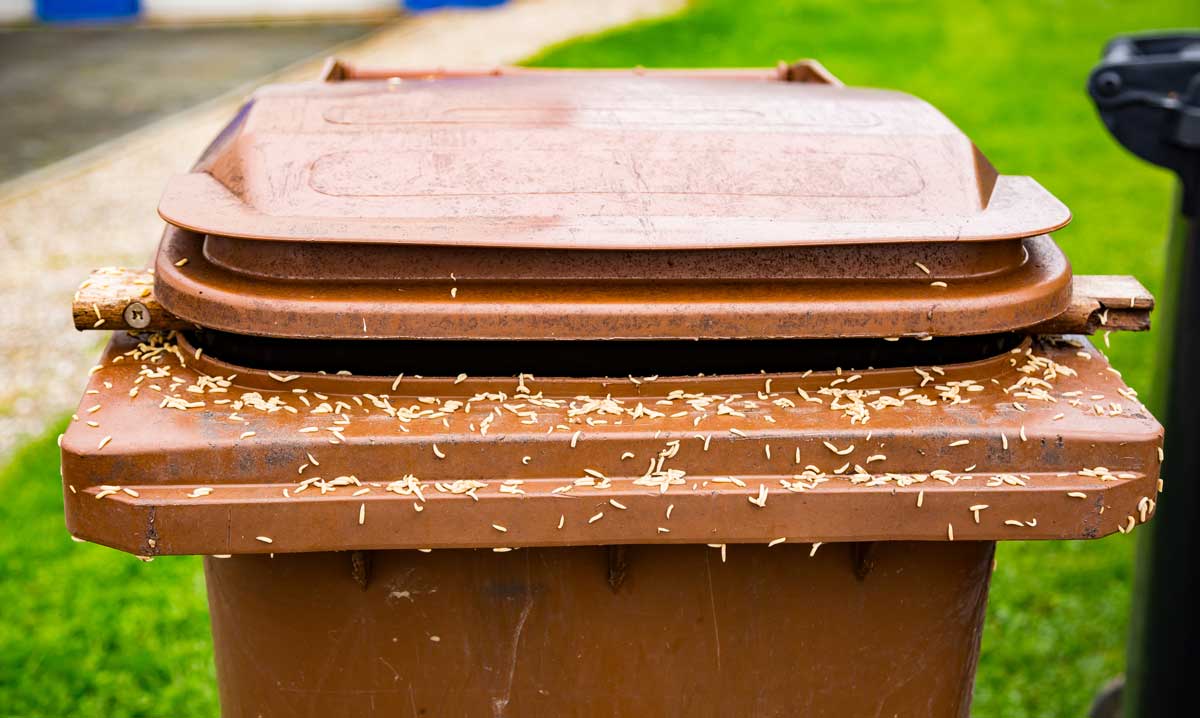
It is important to note that maggots are not always a sign of a dirty home. They can also be found in clean homes, especially if there are a lot of flies around. However, if you find maggots in your home, it is important to take steps to get rid of them and to prevent them from coming back.
Call H2 Pest Control If You Are Dealing with a Maggot Problem.
H2 Pest Control has experienced technicians who are trained to identify and eliminate maggots and flies. They will use a variety of methods to get rid of the pests, including pesticides, traps, and bait.
If you are having issues with maggots or flies, please do not hesitate to call H2 Pest Control.
When you call H2 for maggot or fly control, you enjoy these benefits:
- Experienced and trained technicians
- A variety of methods used to get rid of the pests
- Fast and effective results
If you are having issues with maggots or flies, please call H2 Pest Control today for a free consultation.

